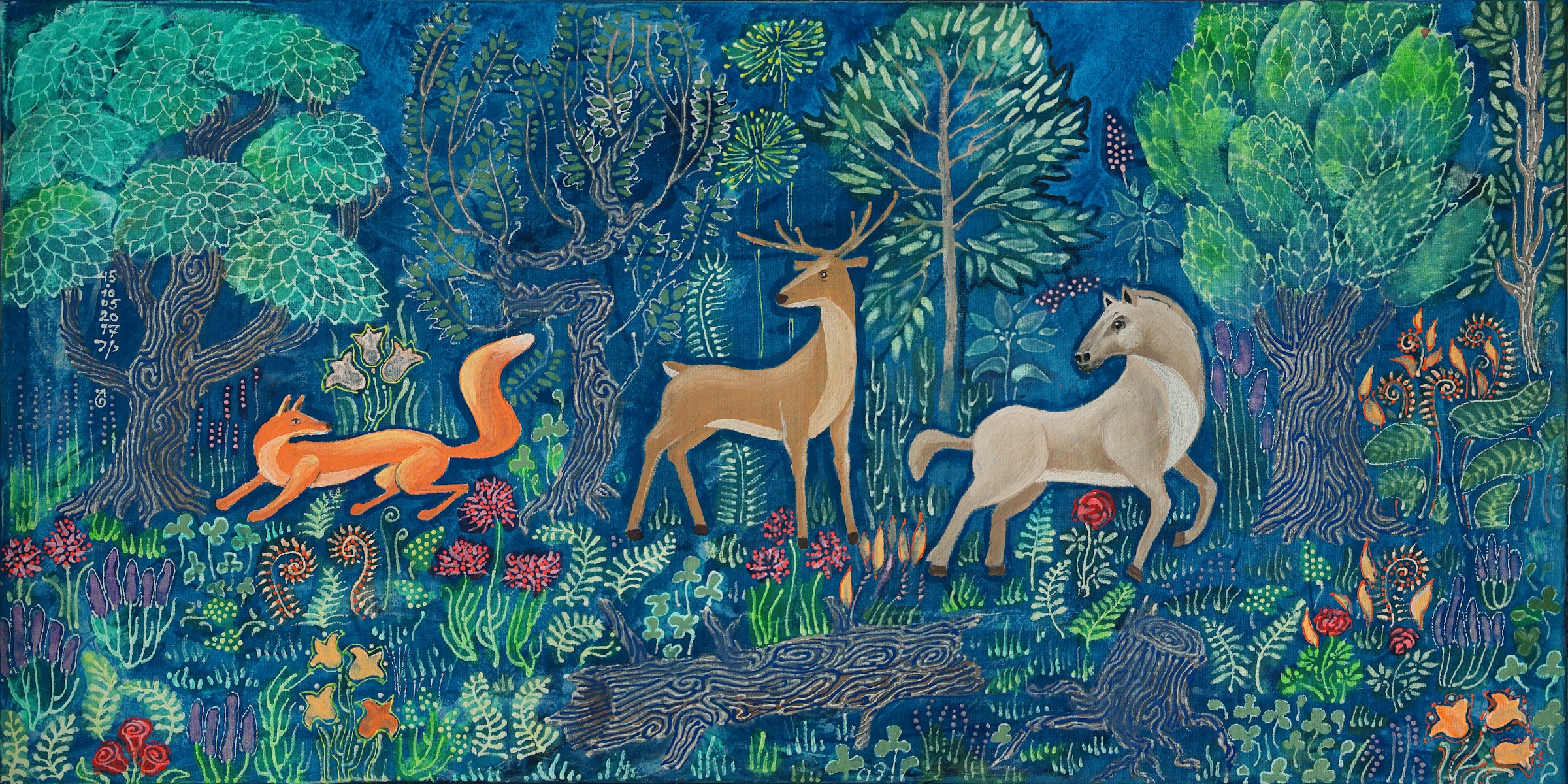
October 1, 2025
Fairy Tales and Faith
Dragon-slayers and Heroes
Stories. From the tale of Odysseus and his long, trouble-filled journey home, to the story of a girl named Lucy who discovered a magic land inside a wardrobe---stories have been an important part of every culture. They instruct. They amuse. They warn. They delight. They encourage us to see beyond the boundaries of our own worlds and everyday lives. “We do not want joy and anger to neutralize each other and produce a surly contentment,” wrote G.K. Chesterton. “We want a fiercer delight and a fiercer discontent. We have to feel the universe at once as an ogre's castle, to be stormed, and yet as our own cottage, to which we can return to at evening.”
"Fairy tales," Chesterton continues, "are not responsible for producing in children fear, or any of the shapes of fear; fairy tales do not give the child the idea of the evil or the ugly; that is in the child already, because it is in the world already. Fairy tales do not give the child his first idea of bogey. What fairy tales give the child is his first clear idea of the possible defeat of bogey. The baby has known the dragon intimately ever since he had an imagination. What the fairy tale provides for him is a St. George to kill the dragon."
Even when an author doesn't recognize Christ's authority over this world, a good story will reveal what is true about it--that there is order as well as chaos, love as well as hate, beauty as well as ugliness--and that there is victory over sin, sorrow, and death. A good author reflects the image of God as creator by crafting his or her own world in which this battle plays out. And fairy tales can remind us that there is a reality beyond what our eyes can see and our hands can touch. We walk by faith, not by sight.
Of course, stories are not the only tool we use to help shape our children's imagination and love for what is true, good, and beautiful--nor the most important one. But it is a wonderful tool nonetheless. Stories in the form of fairy tales, short stories, novels, epic poetry, and plays are an important part of many Schola classes. We read and enjoy these stories together not to escape from reality, but to better recognize Christ as the ultimate dragon-slayer and hero.
Angie Brennan reads fairy tales with second and third grade students at Schola.